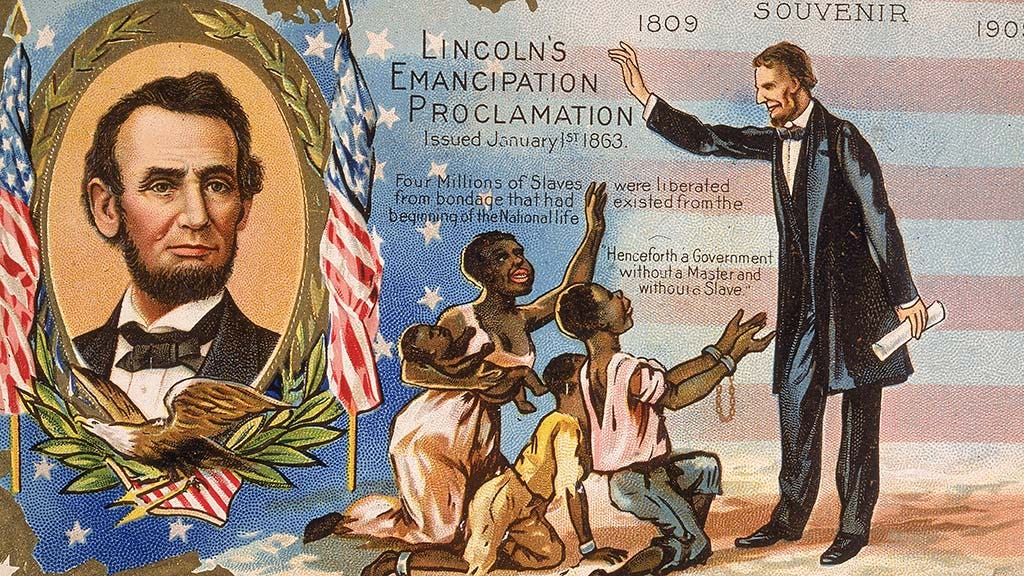On September 22, 1862, Abraham Lincoln made a bold and far-reaching announcement that enslaved people would soon be “forever free” in the United States. This marked the preliminary Emancipation Proclamation, stating that slavery would end on January 1, 1863. The announcement came during the Civil War’s second year, which had grown deadlier than expected. Lincoln claimed controversial war powers in making this proclamation, following the Union victory at the Battle of Antietam just five days prior.
The Battle of Antietam was a turning point for Lincoln, as it showed that the Union could stand against the Confederate army in the Eastern theater. The victory gave him the confidence to issue the preliminary Emancipation Proclamation at a moment of strength. Lincoln had previously tried to push Congress into taking steps towards emancipation, but when that failed, he shifted his strategy to his war powers as commander-in-chief. This led to the release of the final Emancipation Proclamation on January 1, 1863.
Lincoln’s announcement of emancipation redefined the Civil War, shifting its focus from preserving the Union to ending slavery. This set a decisive course for how the nation would be reshaped after the conflict ended. The Emancipation Proclamation marked a significant moment in American history, as it laid the groundwork for the eventual abolition of slavery in the United States. It was a bold move by Lincoln, using his executive powers to bring about such a sweeping change in the country.
The Emancipation Proclamation was met with mixed reactions, with some praising Lincoln for taking a stand against slavery, while others criticized him for overstepping his authority. Despite the controversies surrounding the proclamation, it remains a pivotal moment in American history, celebrating the end of slavery and the beginning of a new era of freedom for enslaved people. Lincoln’s announcement on September 22, 1862, was a courageous and significant step towards equality and justice for all Americans.
The Emancipation Proclamation was a result of Lincoln’s determination to end slavery and reshape the nation after the Civil War. By using his war powers and executive authority, he was able to issue this groundbreaking proclamation that forever changed the course of American history. Lincoln’s announcement on September 22, 1862, marked a turning point in the fight for freedom and equality, setting the stage for the eventual abolition of slavery in the United States. It was a momentous occasion that would shape the nation’s future for generations to come.
In conclusion, Abraham Lincoln’s announcement of the preliminary Emancipation Proclamation on September 22, 1862, was a bold and historic step towards freedom and equality in the United States. It marked a turning point in the Civil War and set the stage for the eventual abolition of slavery. Lincoln’s use of executive powers to issue this proclamation showcased his dedication to ending slavery and reshaping the nation after the war. The Emancipation Proclamation remains a pivotal moment in American history, celebrating the end of slavery and the beginning of a new era of freedom for all Americans.


